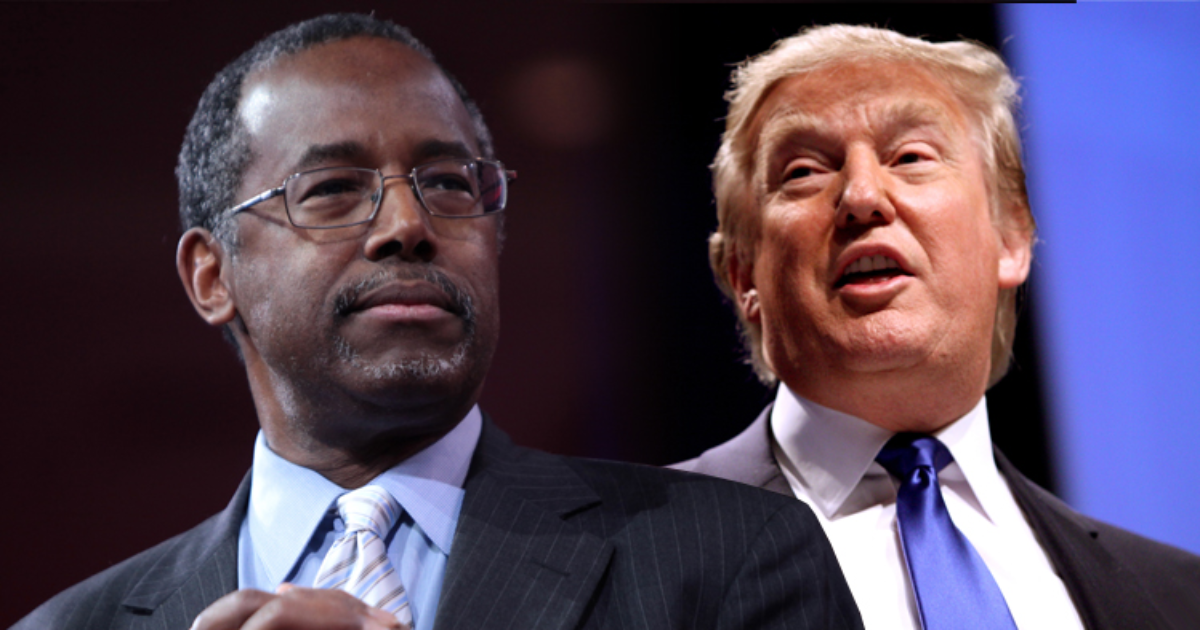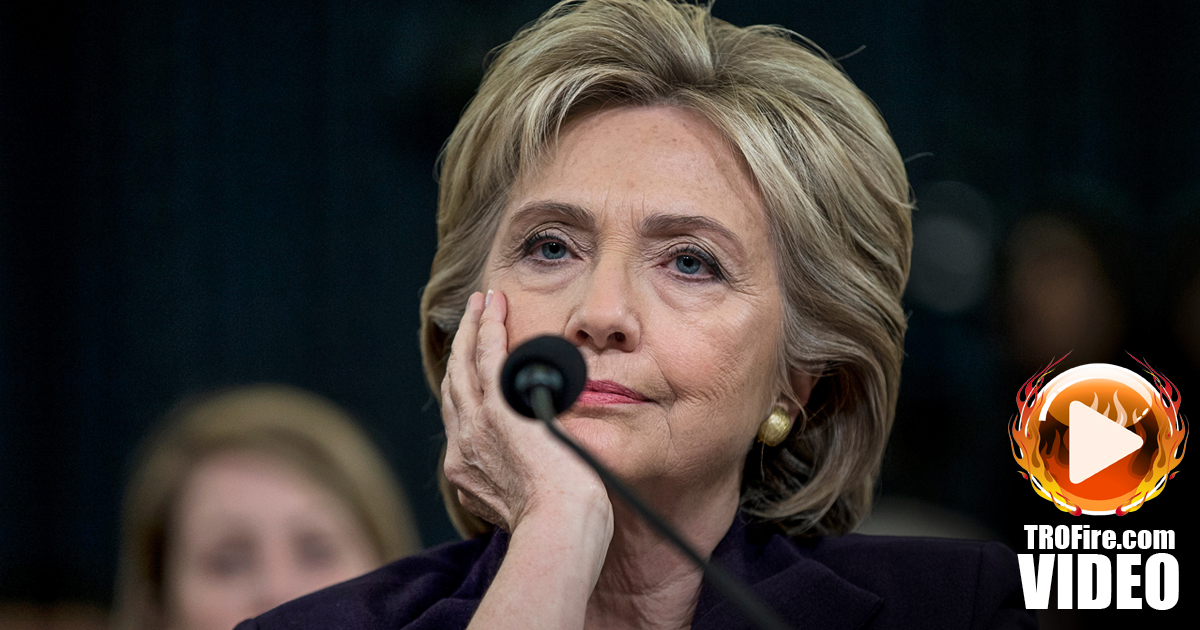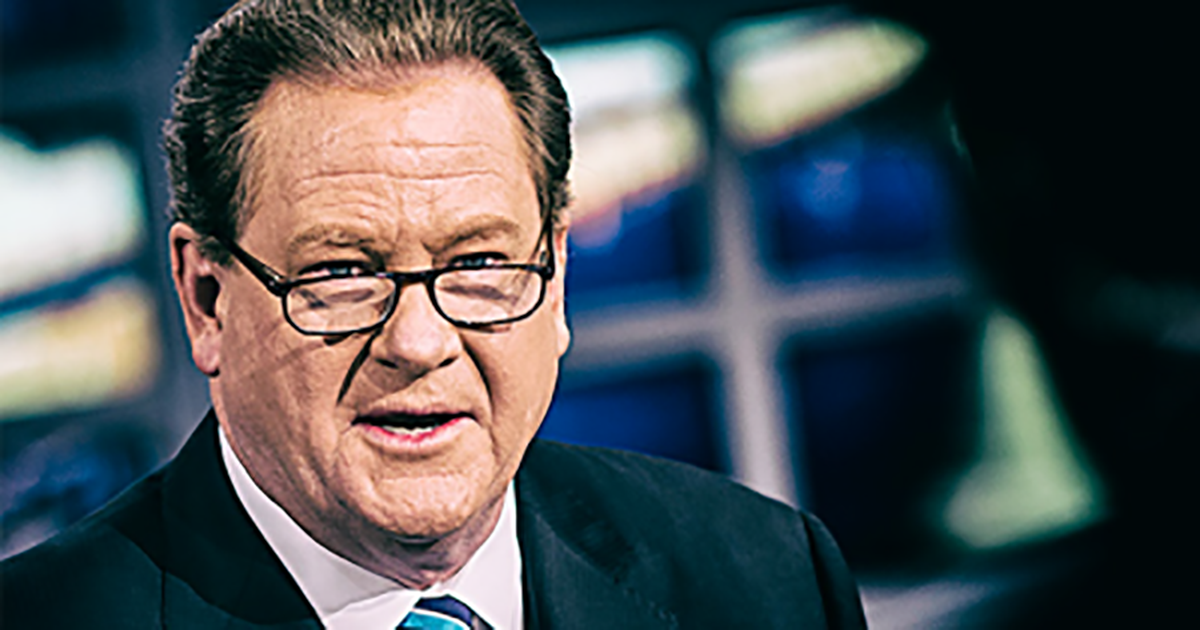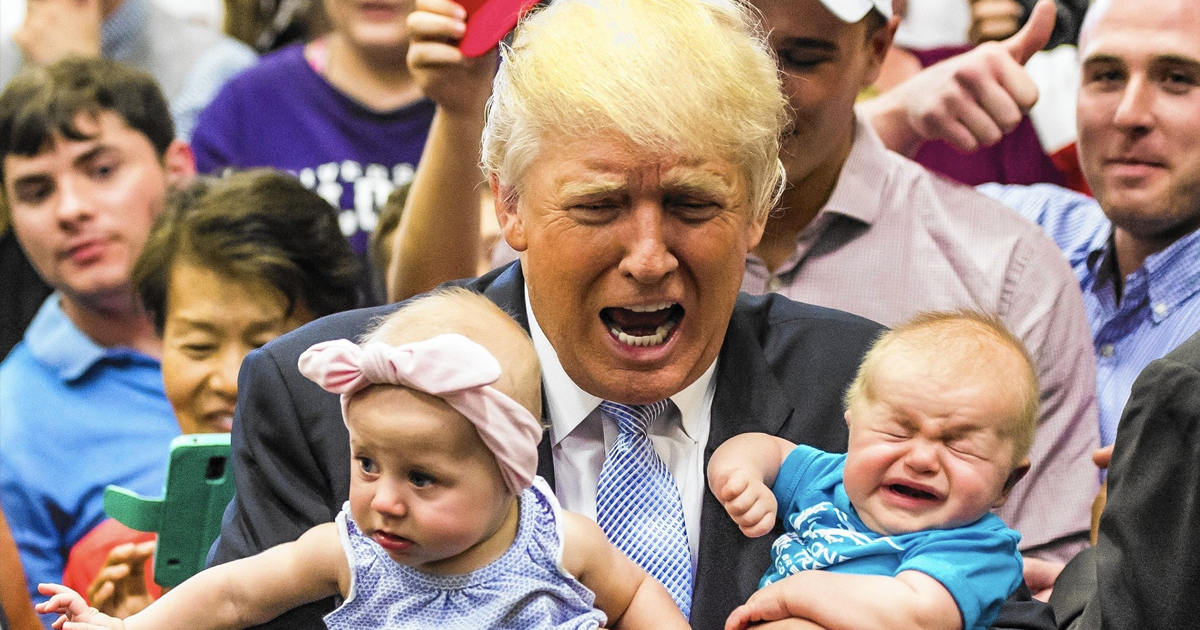There is no question that Bernie Sanders’ message about income inequality and growing poverty has resonated loudly with voters. However, now that the Democratic debates are upon us, Sanders will need to be prepared to address other issues concerning the nation – including gun control, institutionalized racism and foreign policy. It is a sure bet that the moderators will be asking hard questions about these and other issues. Hillary Clinton is an experienced debater and politician, and the stakes are high for Sanders and his supporters.
Among the issues Sanders will need to address tonight are foreign policy and national security, particularly Israel, ISIS and Iran. He hasn’t spoken publicly a great deal on these matters, although his positions are made clear on his campaign website. Sanders acknowledges that the terrorist organization ISIS is a dangerous threat, but believes efforts in fighting the organization should be led by a coalition nations in the region, not the US.
Tonight, Sanders needs to be prepared to explain how, as commander-in-chief and Head of State, he would build that coalition, as well how the US would be involved. On the subject of Iran, Sanders has stated: “It is imperative that Iran not get a nuclear weapon.” He supports President Obama’s efforts in negotiating last summer’s Joint Plan of Action, calling it “a victory for diplomacy over saber-rattling.” Clinton has also supported the treaty – albeit with reservations. She does not rule out the option of military action.
Civil rights and the criminal justice system are other issues that Sanders will need to publicly address. Last summer, Sanders drew criticism from the African-American community for his perceived failure to address racism and racial justice. In fact, Sanders has a long and distinguished record on the issue of racial justice and equality, going back fifty years. His legislative record has earned him a 100% rating from the NAACP as well as the ACLU. Sanders considers America’s racial problem to be parallel to that of economic inequality and other imbalances in American institutions. These issues are inextricably linked, but the specific issue of racial inequality has gotten lost in Sanders’ calls for economic reforms. He will need to be clearer on how he plans to address institutional racism in order to make inroads with a more racially and ethnically diverse electorate.
One of the hot-button issues in light of the recent spate of mass shootings in the US is gun control. This could be a potential liability for Sanders tonight as he squares off against Clinton. Few people understand Sanders’ seemingly contradictory positions on guns, which has strongly been influenced by the constituents in his home state of Vermont, a largely rural state where the vast majority of gun owners are hunters and sportsmen.
Sanders has been criticized for supporting legislation protecting gun manufacturers from lawsuits brought by the victims of gun violence. He does support a ban on assault weapons, “guns which have no other purpose but to kill people.” He has also supported mandatory background checks for purchases at gun shows and opposed allowing people to have concealed carry permits across state lines. Nonetheless, Sanders’ positions on gun issues appears mixed to American voters. He will need to make those positions crystal clear tonight, and be prepared to defend them.
Arguably, growing poverty is at the root of most of the social problems we are facing as a nation. Sanders has successfully tapped into the increasing anger of the American People over the rigged capitalist system that favors the 1%, corporate welfare and an oligarchy that is threatening democracy and the planet itself. Tonight is Sanders’ opportunity to introduce himself to the general electorate – but he’ll need to present himself as “Presidential,” ready to connect with a broader base of moderates on a wider range of issues.




